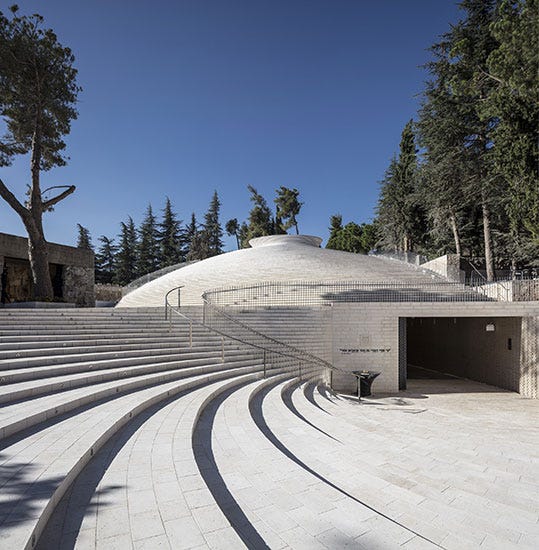My Visit to Har Herzl
An interesting story happened to me last week, and I’m still trying to figure out what to make of it.
My new son was born on Wednesday morning in Shaarei Tzedek. After everything settled, I got a bug in my head that Har Herzl is across the street, and I should go there. I was never there before, but figured it is probably a good place to daven for Bracha and extra Zchusim.
I reached out to Marcy, who I used to work with, as her son Yakir was recently killed in Gaza, and asked her where the Kever is.
When I was outside the hospital, I realized it’s not right next door; rather, it’s actually a bit of a hike.
So, I flagged down a cab and asked him to take me to Har Herzl and then to Beit Shemesh. He gave me a crazy cheap price, and I took it. He said he would wait for me for 10 minutes.
We got to the parking lot at 10:55, and three chayalim approached us, looking to complete a minyan.
I agreed right away, and the taxi driver, a typical secular sabra guy, pulls out a kipa. Then the chayalim too…




